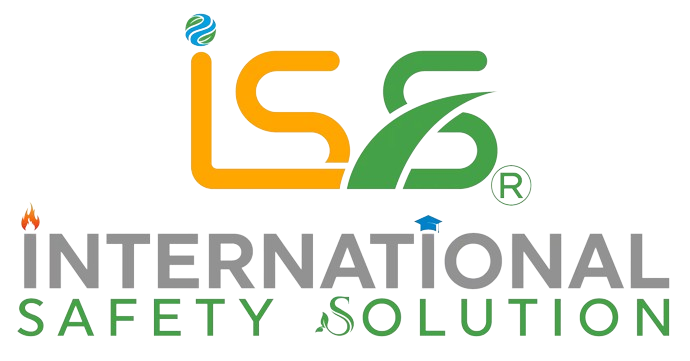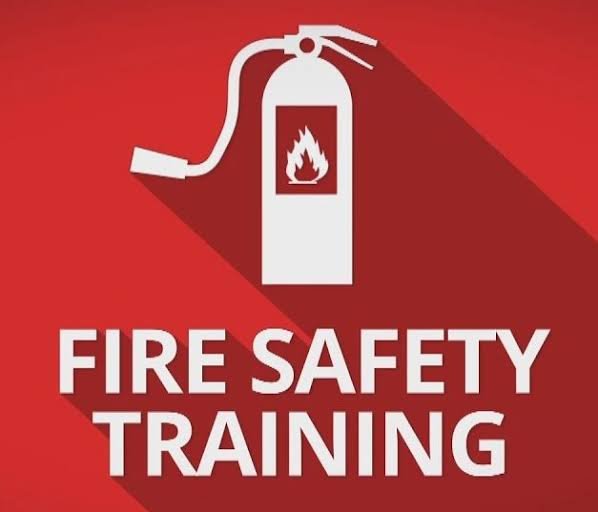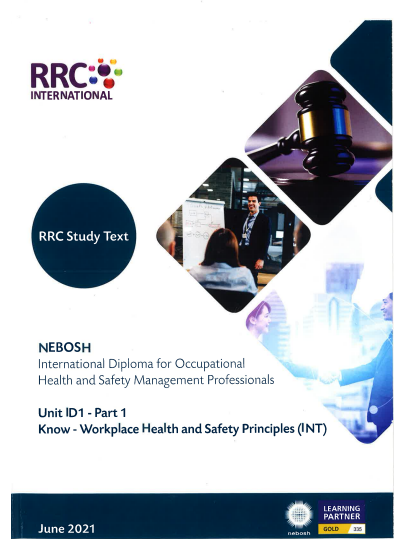Introduction
In every organization, be it a bustling corporate office or a heavy manufacturing facility, the safety and well-being of employees should always be a top priority. It is the responsibility of the Safety Officer to ensure that safety standards are upheld, risks are minimized, and potential hazards are identified and addressed promptly. In this blog, we will explore the vital role played by a Safety Officer and the significant impact they have on creating a safe and secure working environment.
The Role of a Safety Officer
A Safety Officer, sometimes referred to as a Health and Safety Officer or HSE (Health, Safety, and Environment) Officer, is a key member of any organization’s workforce. Their primary function is to oversee the implementation of safety policies and procedures, fostering a culture of safety consciousness among all employees. A few key responsibilities of a Safety Officer include:
- Risk Assessment: Safety Officers are tasked with identifying potential hazards in the workplace and conducting comprehensive risk assessments. By understanding the specific risks associated with each task or department, they can develop appropriate safety protocols and emergency procedures.
- Training and Education: A Safety Officer plays a crucial role in organizing and conducting safety training programs for all employees. This includes orientation for new hires, refresher courses for existing employees, and specialized training for employees engaged in hazardous tasks.
- Compliance and Regulations: It is the responsibility of the Safety Officer to ensure that the organization complies with all relevant safety regulations and standards set forth by local, regional, and national authorities. They must keep themselves updated on changing regulations and integrate these into the organization’s safety protocols.
- Incident Investigation: In the unfortunate event of an accident or incident, the Safety Officer is responsible for conducting thorough investigations. Understanding the root cause of an incident helps prevent its recurrence and reinforces the importance of adhering to safety guidelines.
- Safety Audits and Inspections: Regular audits and inspections are carried out by Safety Officers to identify any areas that may require improvement. By proactively addressing potential hazards, they contribute to a safer working environment.https://youtube.com/watch?v=wjOPImQ6SOQ&feature=share7
- Emergency Preparedness: Safety Officers work closely with management to develop and implement emergency response plans. These plans ensure that employees are adequately trained to respond quickly and effectively to emergencies such as fires, natural disasters, or medical incidents.
The Impact of a Responsible Safety Officer
- Prevention of Accidents: A responsible Safety Officer reduces the likelihood of accidents by fostering a safety-conscious culture within the organization. By creating awareness and providing proper training, they empower employees to take safety seriously in all their activities.
- Employee Morale and Productivity: A safe working environment instills confidence in employees, leading to improved morale and higher productivity. When employees feel valued and protected, they are more likely to be engaged and motivated in their work.
- Cost Savings: Workplace accidents and incidents can be costly for organizations in terms of medical expenses, insurance claims, and potential legal liabilities. A vigilant Safety Officer can significantly reduce these costs by preventing accidents and ensuring compliance with safety regulations.
- Reputation and Brand Image: An organization that prioritizes safety is viewed positively by both employees and customers. A strong safety record enhances the organization’s reputation, making it an attractive place to work and do business with.

Conclusion
In conclusion, the Safety Officer plays a pivotal role in ensuring the safety and well-being of all employees within an organization. By proactively identifying risks, conducting thorough training, and adhering to safety regulations, they contribute to a safer and more secure work environment. Their dedication and sense of responsibility not only protect employees from harm but also contribute to increased productivity and cost savings for the organization. With safety at the forefront of their priorities, Safety Officers truly pave the way for a better and brighter future for everyone involved.




